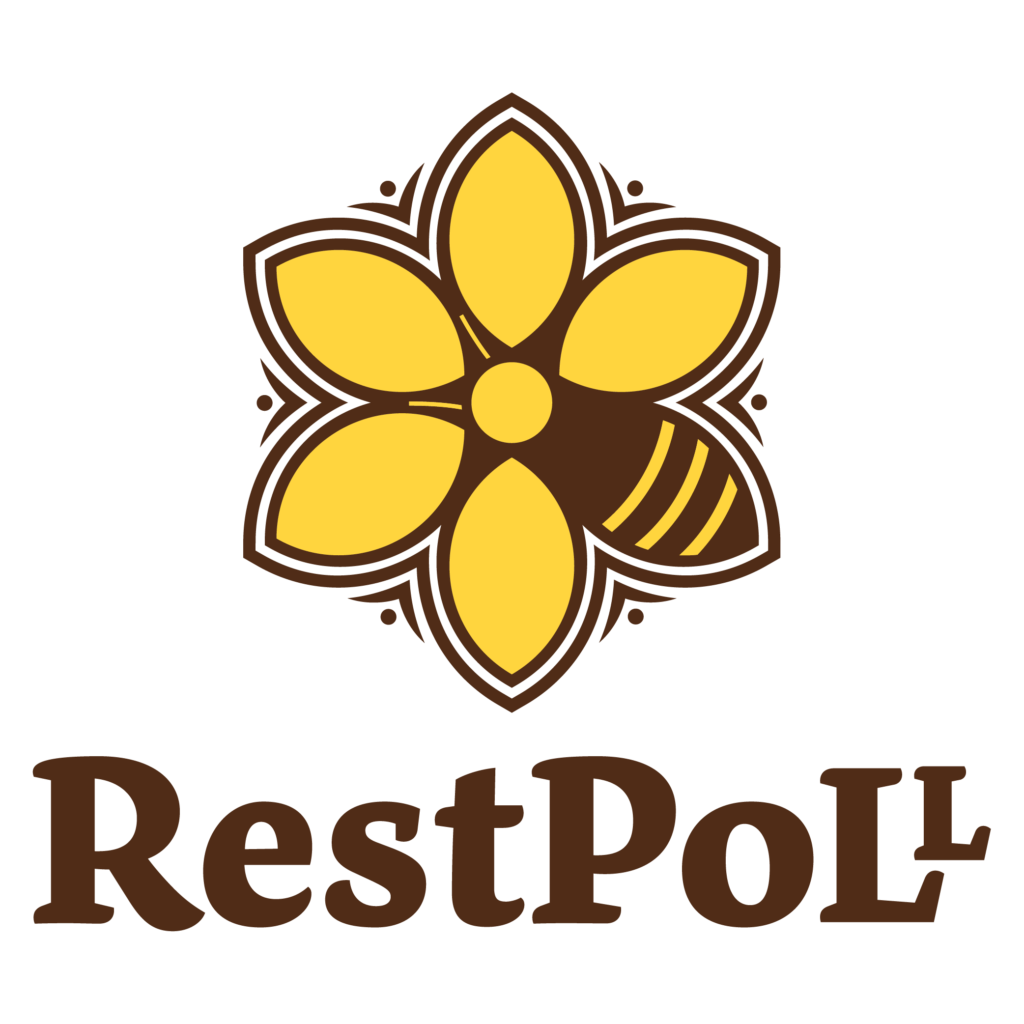BiodivNetz BW is a network of demonstration farms in Baden-Württemberg in southern Germany. Its goals are to promote measures to protect biodiversity and preserve and maintain the cultural landscape in the state. To do so, the government of Baden-Württemberg, University of Freiburg, and farms work together. As a living lab, BiodivNetz BW provides a real-life research environment for experimentation, demonstration, and mutual learning.
Landscape Baden-Würtemberg with flowers
Combining food production with biodiversity
The demonstration network shows farmers how they can combine food production with biodiversity at different locations and on different types of farms. It does so by showing them useful examples to experiment with. Already 20 different biodiversity-promoting measures have been implemented between the farms. The most common measures are crop polycultures, flowering strips or areas (annual or perennial) and wild bee ‘hotels’. Others include open soil areas, stone piles or deadwood, which are important nesting habitats for bees.
Bee hotel
Expansion of farming network
The network started in 2021 with 22 farms and the number will expand to 44 by 2025. These include arable, grassland and livestock farms, as well as orchards or vineyards. Different farms produce grapes, vegetables, special crops like apple and berries, grass, fodder, and livestock. The network is used to integrate and test out different measures to promote biodiversity on agricultural lands. The farms are also open to:
- professional training and education;
- specialist events, such as field days and practice days;
- interested audiences.
On field days other farmers and the public are invited. Knowledge is shared through presentations by farmers, scientists, and industry.
Monitoring and expected results
In the summer of 2024, eight farms within the region of Freiburg will take part in the monitoring process carried out by RestPoll members in summer 2024. Researchers will conduct pollinator transect walks and monitor vegetation across the different sites. They will compare areas with restorative measures to similar areas without these, to see if the measures increase biodiversity.
In the winter of 2024 and 2025, the collected data will be analysed. The researcher of BiodivNetz BW expect to see which implemented measures successfully promote biodiversity on the farms. There will also be an evaluation of a tool to assess pollinator monitoring and of pollination experiments to see if pollinators distribute enough pollen on plants for successful fertilization.



